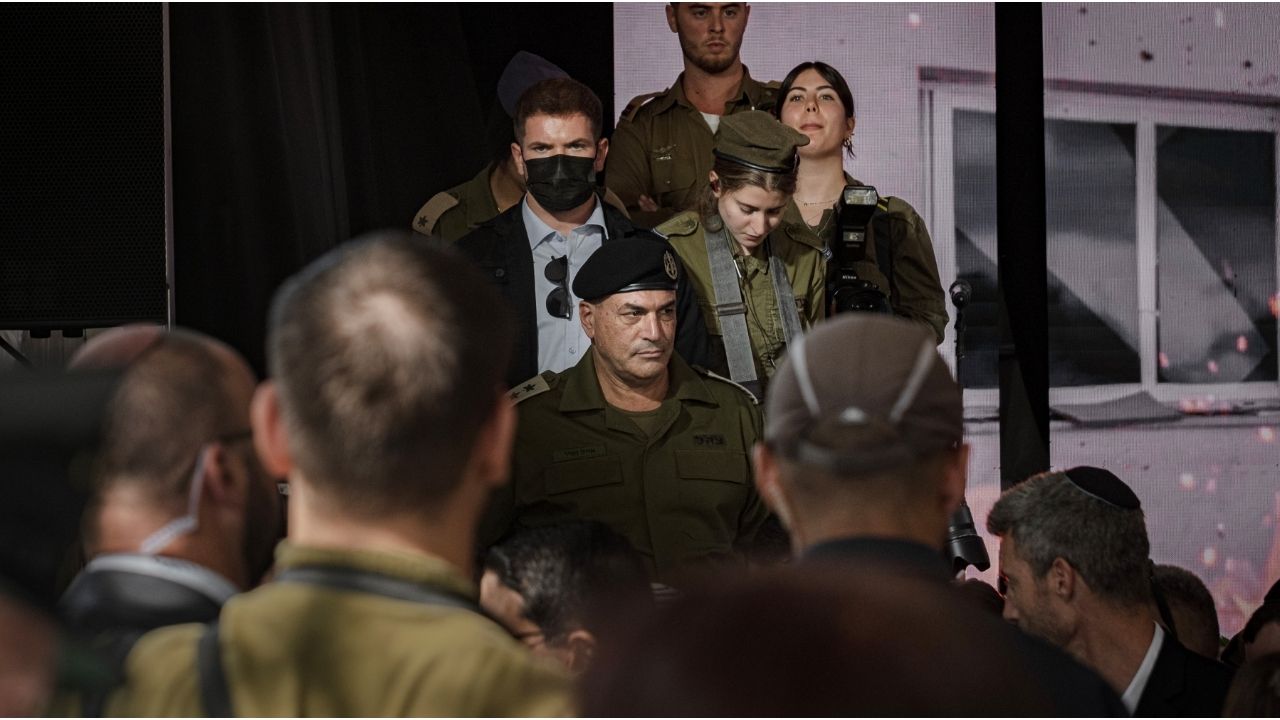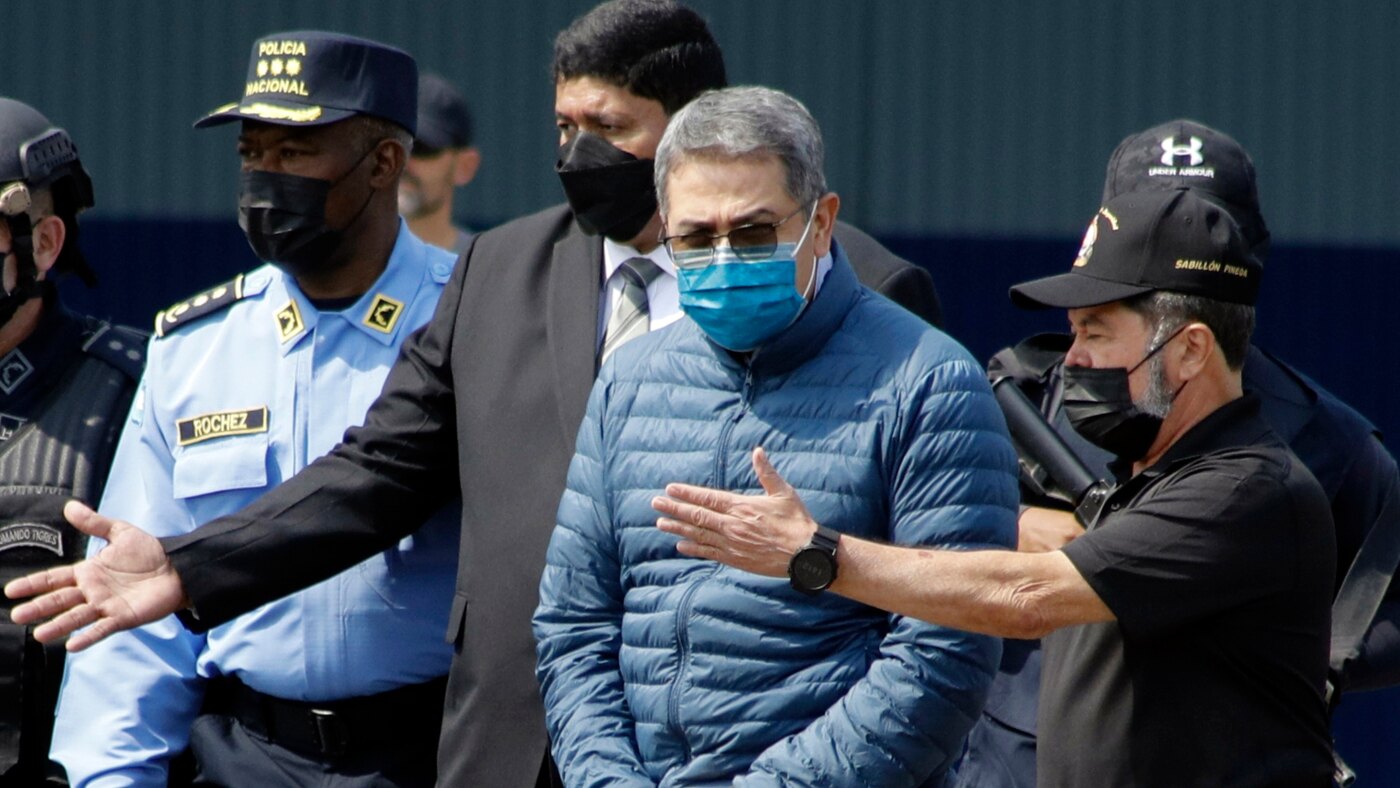The Israeli military has initiated a significant shake-up within its ranks, as senior commanders face potential ousting or disciplinary measures following failures linked to the Hamas-led attack on October 7, 2023. This decision marks one of the most extensive responses from military leadership since the attack, which resulted in over **1,200 fatalities** and was described as the deadliest day in Israel’s history.
In a formal announcement made on Sunday, **Lt. Gen. Eyal Zamir**, the chief of staff of the Israel Defense Forces (IDF), informed approximately a dozen senior commanders about the impending actions against them. Zamir emphasized that the military had “failed in its primary mission on October 7 — to protect the civilians of the state of Israel.” He characterized the failures as a “severe, resounding, systemic failure,” necessitating steps to restore public trust in the military and establish a clear standard of command responsibility.
Zamir’s announcement indicates a shift towards accountability within the military hierarchy. While specific commanders affected by the decision were not disclosed, many of those facing consequences were serving in reserve capacities and will be released from service. This move follows a recent commitment from **Prime Minister Benjamin Netanyahu** to establish an official inquiry into the events surrounding the attack, after months of resisting calls for such an investigation.
The inquiry, announced earlier this month, has faced criticism from some quarters. Critics argue that an investigation led by Netanyahu, who was in charge during the attacks, may not provide the independence needed for a thorough review. Protests took place in **Tel Aviv** over the weekend, calling for an independent state inquiry to ensure accountability and transparency.
Zamir’s actions come on the heels of a review he ordered into the military’s own internal investigations into the events of October 7. Initial findings revealed that senior officers had significantly underestimated Hamas and misread early indicators of an impending attack. While these investigations were not initially aimed at assigning individual blame, the military has since acknowledged the need for personal accountability.
Zamir, who took over as chief of staff in March 2023, stated, “Having considered the conclusions, individual assessments of responsibility were a necessary step.” He expressed a deep appreciation for the officers involved, stating, “It is not easy to make decisions that affect people I appreciate and who dedicated their lives to the security of the nation.” Nonetheless, he maintained that without a clear definition of responsibility, trust in the military would continue to erode.
Following the independent review, the military released additional findings indicating that the extent of individual officers’ failings had not been adequately reflected in the initial public assessments. The report noted that approximately **250 individuals** were kidnapped during the cross-border attack, and subsequent military actions in Gaza reportedly resulted in nearly **70,000 Palestinian casualties**, according to the **Gaza Health Ministry**.
The military’s decision to take action against individual officers is framed as part of an effort to learn from the tragic events of October 7 and prevent similar failures in the future. Zamir’s determination to hold commanders accountable reflects a broader recognition of the need for reform within the military’s command structure.
As Israel grapples with the ramifications of this conflict, the actions taken by Zamir and the military leadership will likely shape the discourse surrounding military accountability and national security in the months to come.







